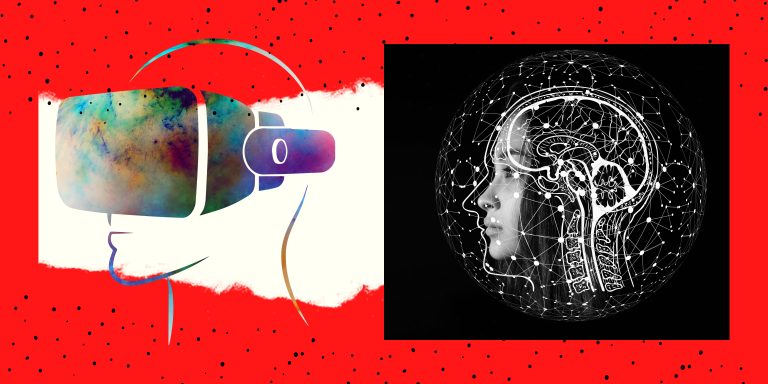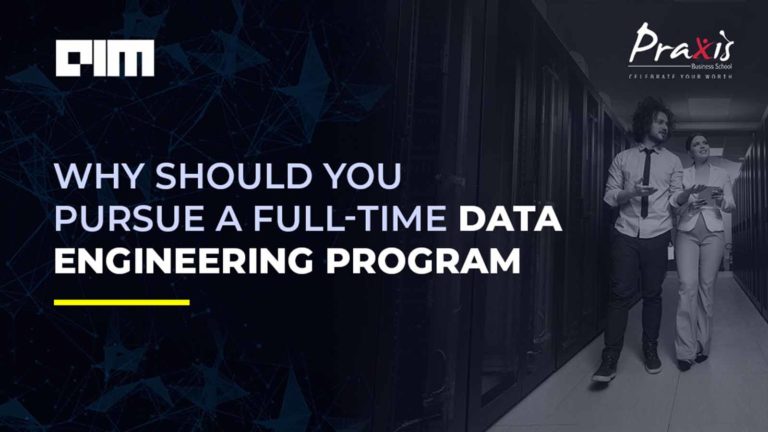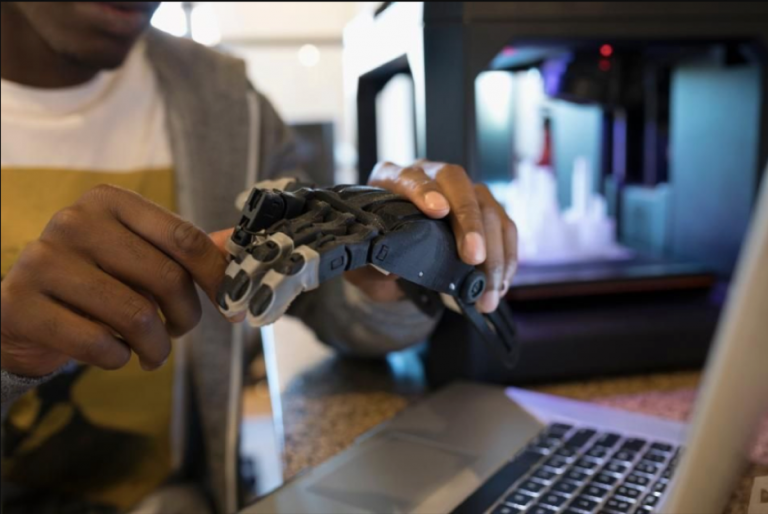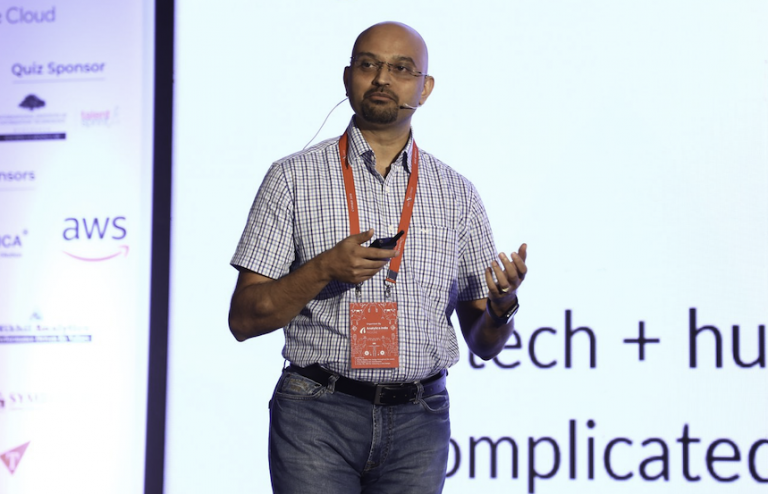Artificial intelligence has taken leaps and bounds in terms of the extent of task that it can accomplish. And a few of them such winning games like Go, Poker and Chess, composing music or penning down horror stories only prove its capability in terms of posing an intelligence at par with humans.
But despite all the high profile developments around AI, researchers believe that we haven’t reached the mark of super intelligent AI as yet and the current AI programs are narrow in abilities and can be tricked easily. Although they have been showcasing some jaw dropping potentials, they lack in “human” capabilities such as common sense, intuition, imagination and human intelligence in general. And what could be a better model than replicating human brain to create “intelligence”.
AI experts from across the globe agree to the fact that there can be no better alternative than looking at the biological human brain as a model, which in itself is a complex structure of modular subsystems defining important functions. Demis Hassabis, founder of Google’s AI powerhouse DeepMind, even commented that to build better computer brains, we need to look at our own. Biomimicking is becoming one of the approaches that is gaining momentum as a way to develop artificial intelligence, and this is where neuroscience comes into play. It is a common belief that drawing inspiration from neuroscience and psychology is resulting into development of technologies like deep learning and reinforcement learning.
AI drawing inspiration from Neuroscience
Experts most firmly believe that collaboration between AI and neuroscience can produce an understanding of the mechanisms in the brain that generate human cognition. It therefore becomes important to build the AI with the ability to think, reason and learn flexibly and rapidly. And to get there, it is important to understand the inner workings of human mind!
The researchers claim that neuroscience provides a rich source of inspiration for newer algorithms, thereby helping in creating true artificial intelligence. It may offer a more mathematical and logic based methods and ideas thus surpassing the traditional approaches in AI. Studying human brain’s cognitive system would also mean that there are better insights into what’s more relevant and hence help in developing smarter AI.
Are AI systems close to human brain yet?
Though the idea of achieving artificial intelligence using neuroscience may sound quite tempting, there is a long way that needs to be covered by machines to get close to human’s way of thinking. It can be largely attributed to human’s incomplete knowledge of biological brains and the nature of consciousness.
However, with the advent in technologies like genetic bioengineering and imaging, researchers can dive further into exploring the complex neural network with much proficiency. The scientists are closer to creating novel neural architectures that are capable of posing human-like learning, reasoning, creativity, imagination etc., hinting towards those times when machines would be more than capable to dealing with complex, real-world problems.
Use case by IBM
Taking an inspiration from brain, IBM research team recently used machine learning techniques to develop computational models of attention and memory. With an underlying aim of building learning AI systems that can adapt to new environments and retain what they have learnt so far, IBM created these new models. They deployed two important innovations enabling both short term and long term adaption.
They developed an algorithm that learns to quickly focus its attention on the right input based on a reward. “The higher the reward, the more attention it will place on a certain piece of input”, the company’s blog noted. These finding were reported in their paper titled “Context-Attentive Bandit: Contextual Bandit with Restricted Context.”
The blog further explained that the novelty of their algorithms is the ability learn which inputs to focus on in an online manner i.e. the dataset is not fixed, but constantly changing, while receiving a reward for making decisions based on partial inputs. “Online means that the system can learn as it performs, and therefore is robust to changes. The company is currently testing this on a set of real-life datasets and problems with more complex environments”, it said.
Another technique that the company is developing is based on neuroplasticity that enables long time learning and is inspired by the adult neurogenesis process which happens in the hippocampus, the part of the human brain responsible for forming memories.
They have successfully demonstrated that not only their algorithm adapts to a new environment but also preserves memories of the previous domains, thus making a step towards lifelong learning AI systems.
Conclusion
It cannot be denied that for AI to progress and evolve beyond its current state, it has to achieve an intelligence as complex as humans, and for that collaboration of AI experts with neuroscientists is going to become the next big thing. However, to get the functionality of brain in full detail can be quite challenging. Few tasks like getting like working in the sub conscious state of mind can be difficult for a machine to achieve. Nevertheless, the experts believe that these challenges would in fact continue to inspire more research to dive into the field and build adaptive lifelong learning systems which is quite close to what human brain is.



















































































